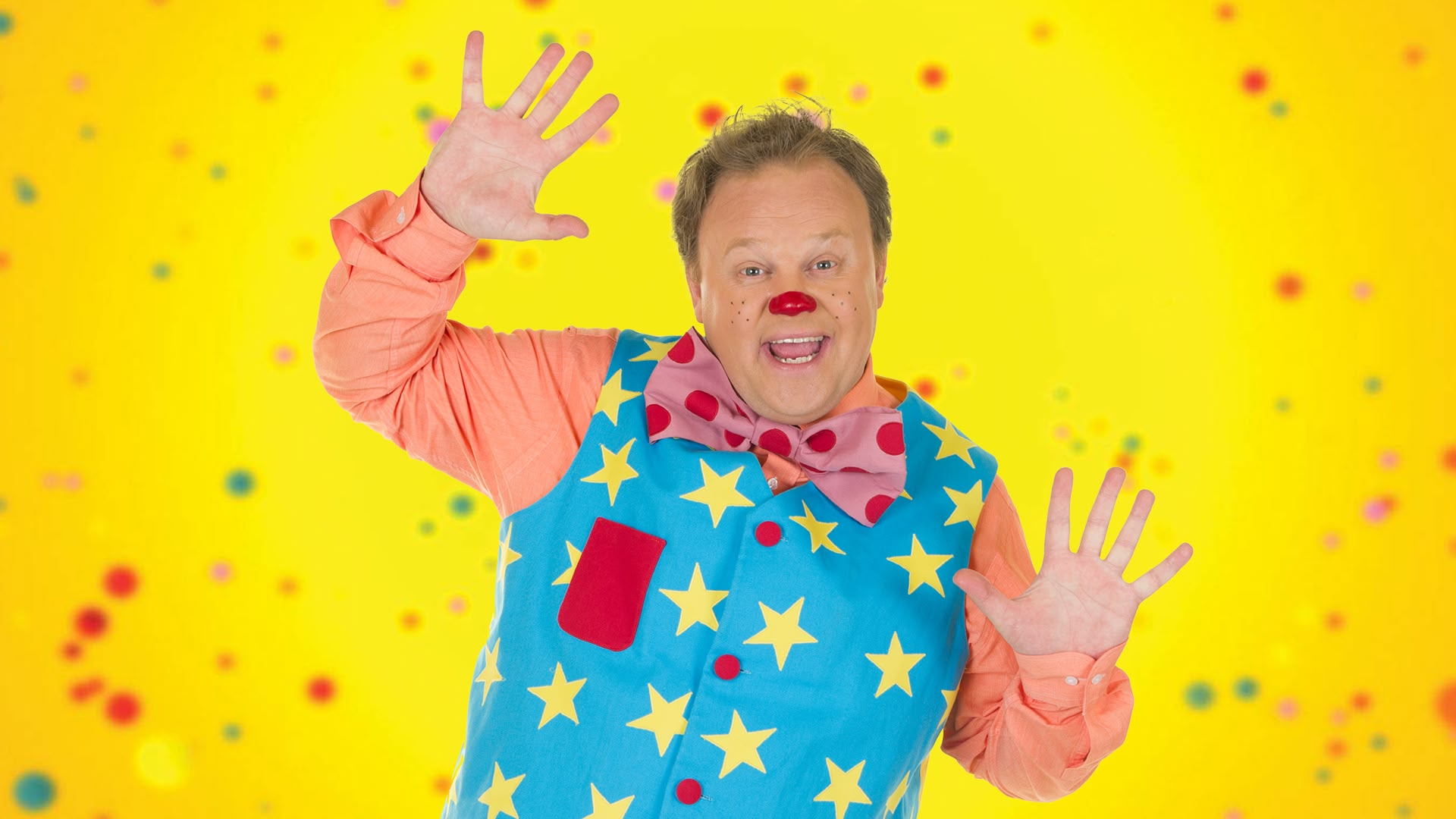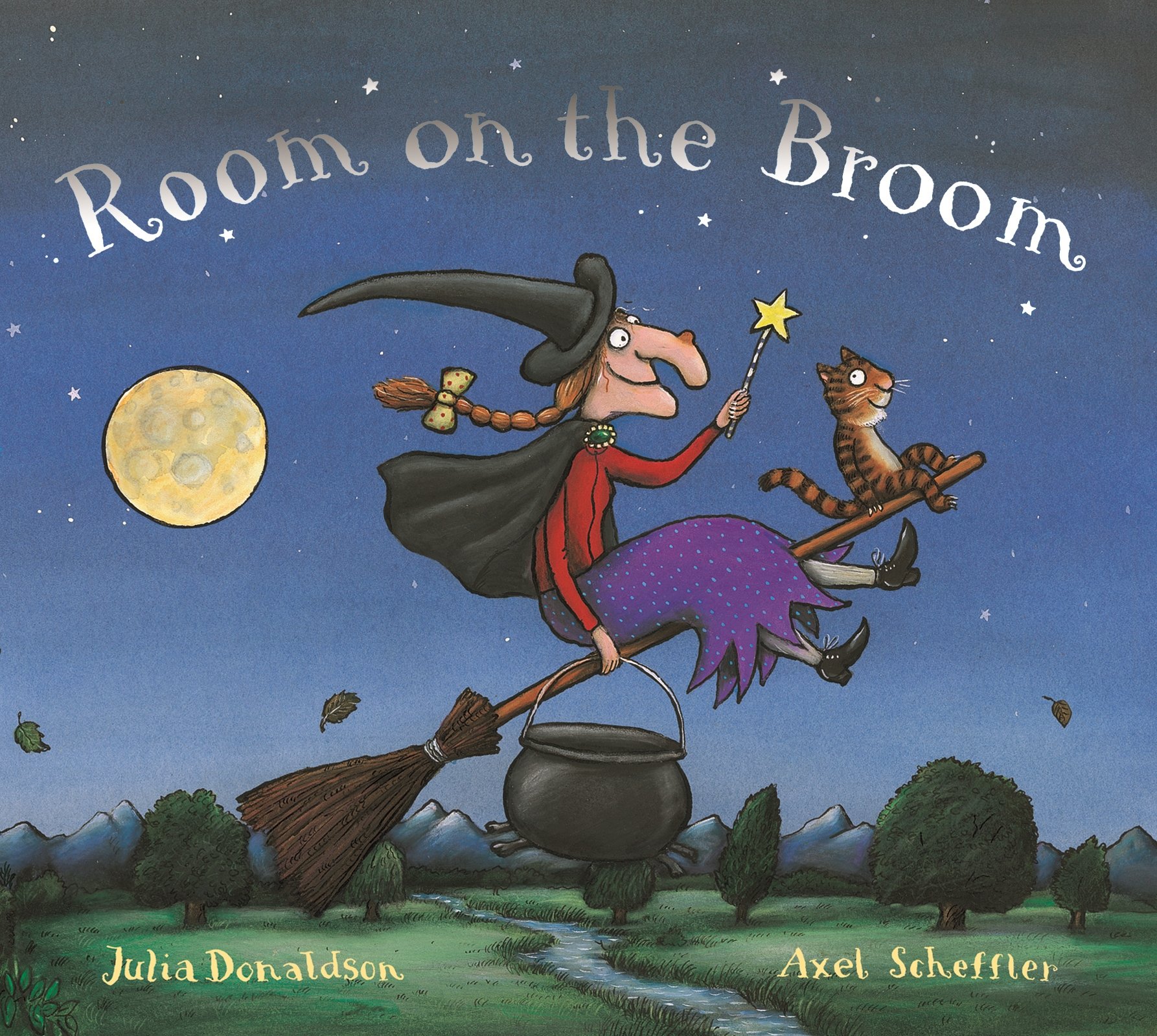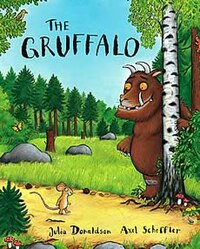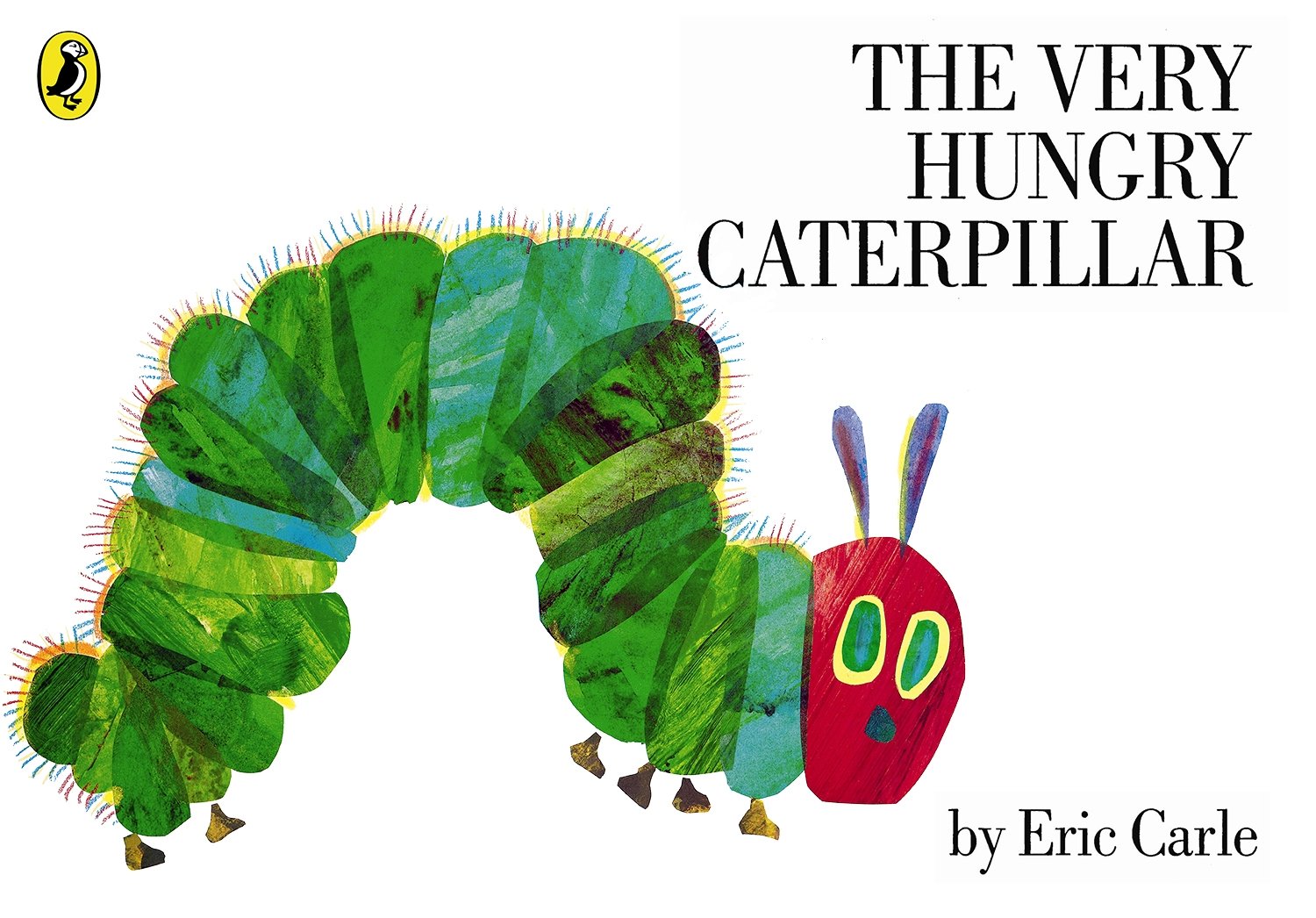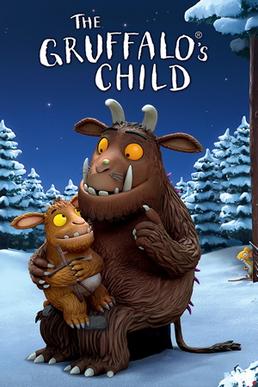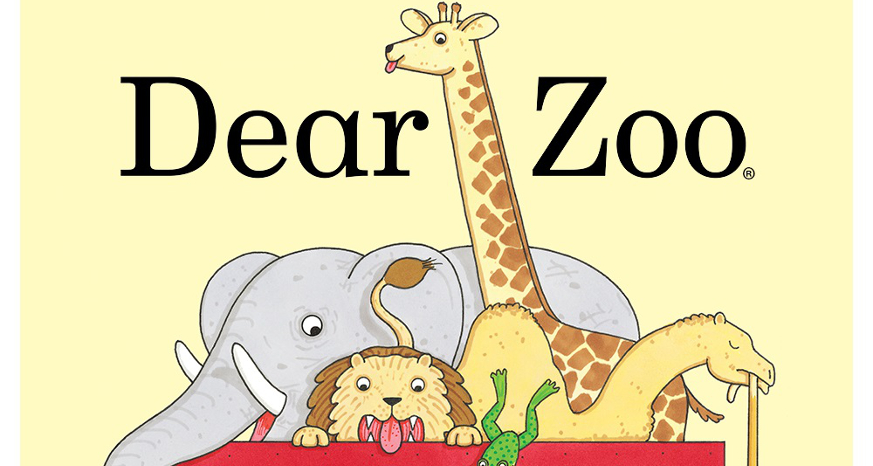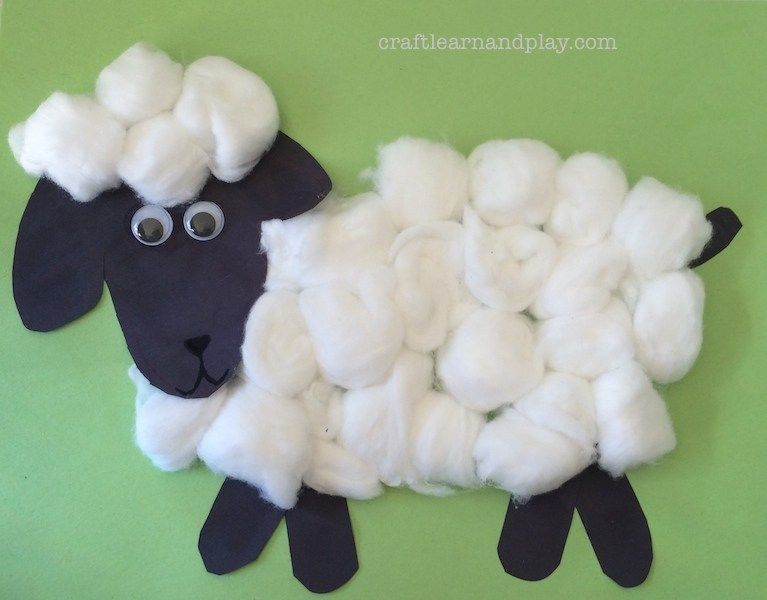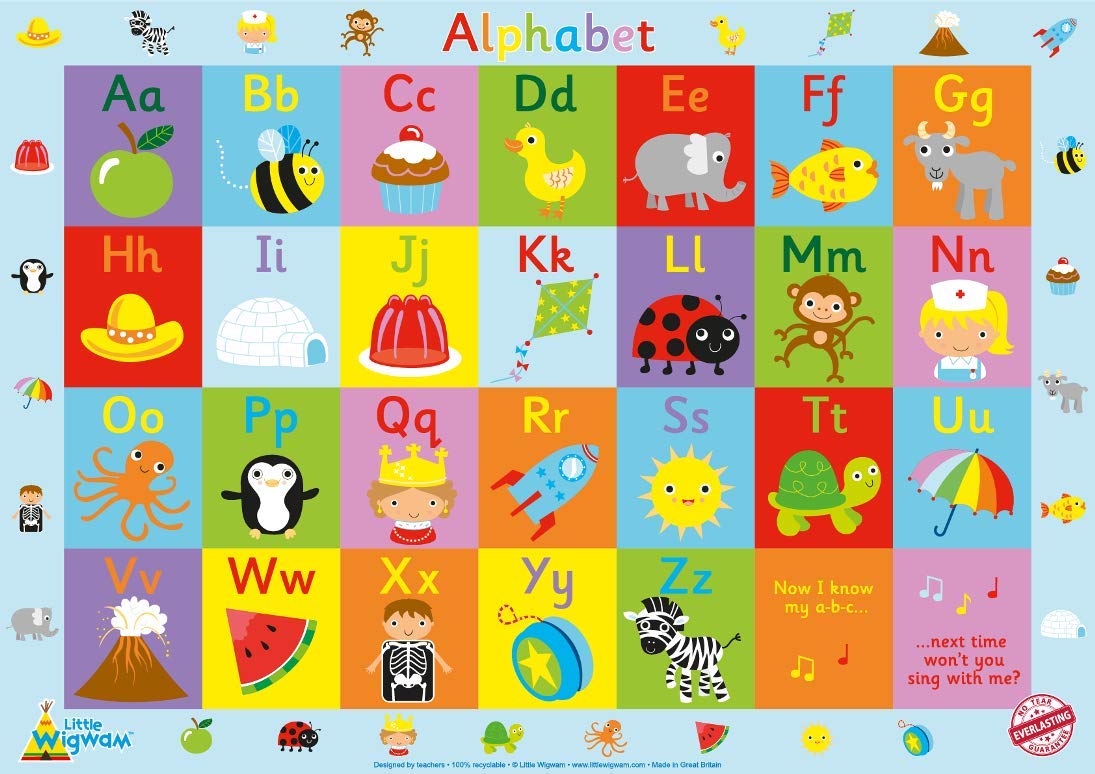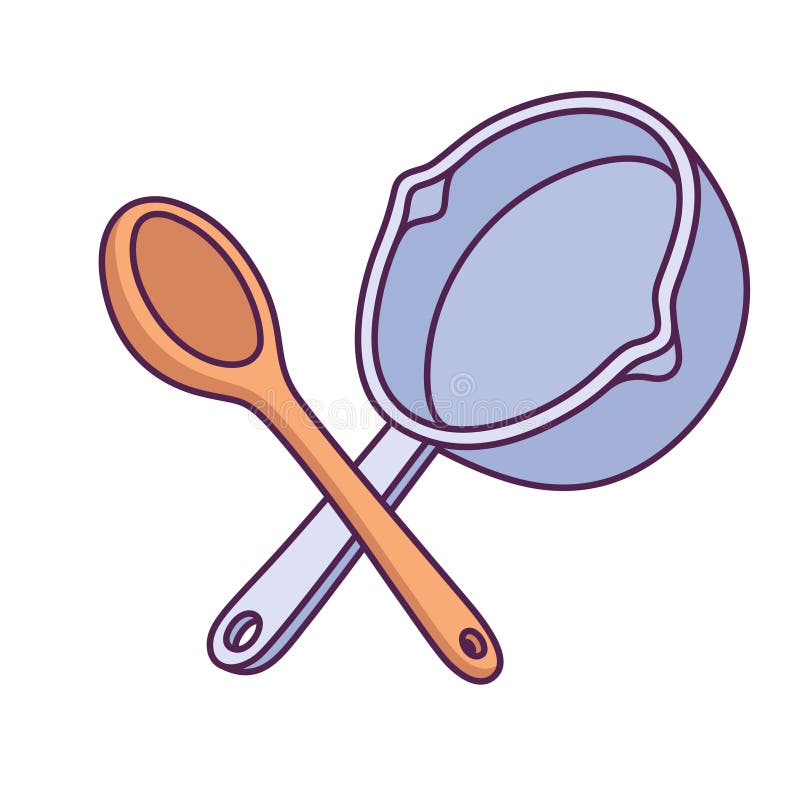Early Years
Welcome to Abbey Hill Foundation Stage
We are pleased to welcome you and your child to our Foundation Stage Unit at Abbey Hill Primary School.
Our Early Years prospectus will provide you with some information about the Unit, how it is organised and what your child will learn.
The aim of our Foundation Stage Unit is to provide a warm, welcoming, and homely environment, where all children feel secure and cared for.
We plan and provide high quality adult led group activities and play based learning to develop the children’s skills and knowledge.
The Foundation Stage Unit is a place where you will always be welcome, and we look forward to working with you.
Mrs Cartwright-Fretwell
Foundation Stage Leader
Key Information
Abbey Hill Foundation Stage Unit Prospectus
Our FSU Vision, Intent, Implementation and Impact
Our Long Term Curriculum Plans
What is my child learning in school and how can I help them at home?
We firmly believe at our School, that teaching your children is a partnership between Home and School.
At School
In our Foundation Stage Unit the children learn through exploring and engaging in activities which interest them. Our daily ‘Busy Time’ provides activities which are planned by the FS Staff and activities which the children have chosen. Deep learning takes place when the children play and explore, they have opportunities for active learning and the activities encourage them to problem solve.
The children also learn through planned taught sessions, where they sit and learn in large and small groups. Phonics, Maths, Reading and Topic Work are all taught in this way in Nursery and Reception.
Pre School Raindrop Room
Early Stages of Development
Personal, Social and Emotional Development
It is very important for our youngest AbbeyHillians to develop skills which enable them to form good friendship groups.
In Preschool we promote positive actions to create a friendly and welcoming environment for all.

Sharing food at snack time is a great way to discover your own likes and dislikes. You can learn new words and also practice identifying different colours. Click the picture below to hear Peppa Pig’s Fruit and Vegetable song.
Communication and Language
Singing songs and simple rhymes is a great way to promote language development with your child. Our singing activity ”What’s in the box?” is always an eagerly awaited part of our daily routine. Try this at home with your child’s favourite toys. Click the picture below to hear the ‘What’s in the box?’ song.
- Spooky spider
- I’m a Dingle Dangle Scarecrow
- When Santa got stuck up the chimney
- Rudolph the red nose reindeer
- Twinkle twinkle Christmas star
Physical Development
It is important for every child to stay active for at least 30 minutes every day.
This is very important for a healthy body and healthy mind.

Kicking, throwing and catching is a great way to use all the muscles in your body. This will help hand eye coordination, balance and spacial awareness. All these skills are used for writing.
Jumping is a great way to exert some excess energy and can be done in all areas inside and outside.
Count step/stairs and jump of the last as a reward for good counting. Click the picture below to hear one our favourite songs ‘Sleeping bunnies’ which we sing during our session, this songs allows your child to jump.
Let’s get moving!!
Below are few different ideas in which you can get active. Which was your favourite to try?
- Bubble fun – Blow lots of bubbles and see how many you can catch.
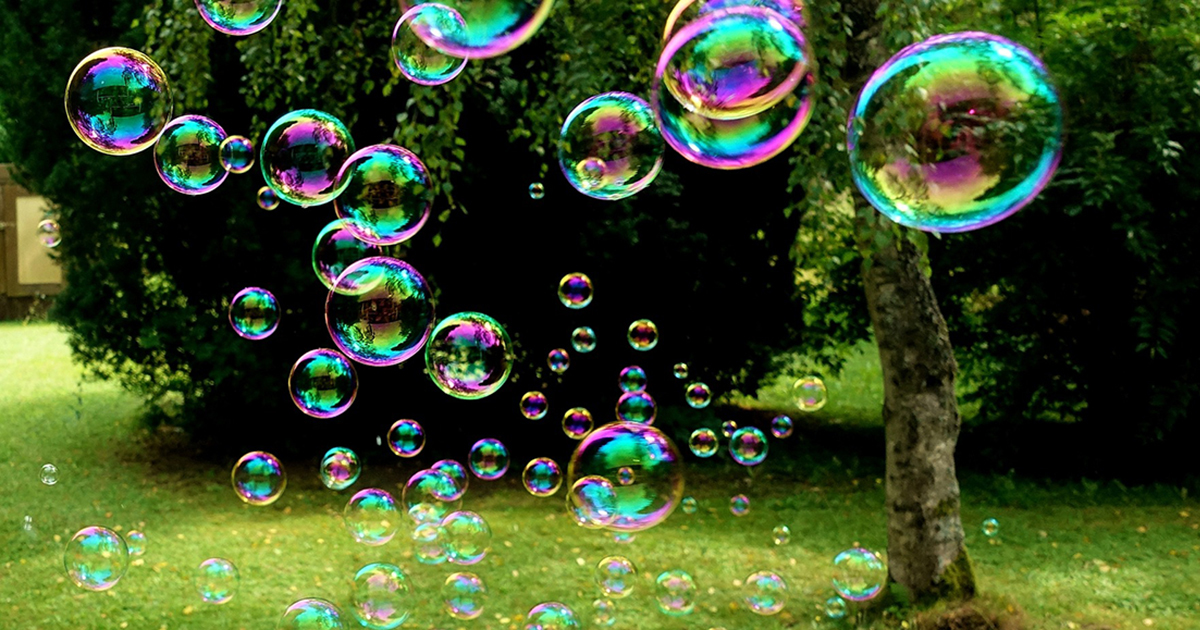
- Hide and seek – You could either play hide and seek with your grown up taking it in turns to hide or you or your grown up could hide your toys and take it in turns to find them,
- Bowling – Using empty plastic bottles and ball, see how many you can knock over. You could either roll the ball or kick the ball into the bottles. How many can you knock over?
- Animal walk – Can you walk like an animal? Slither like a snake, hop like a frog, gallop like a horse. How many more can you think of?
- Puddle jumping – Get on your wellies find a puddle and jump!
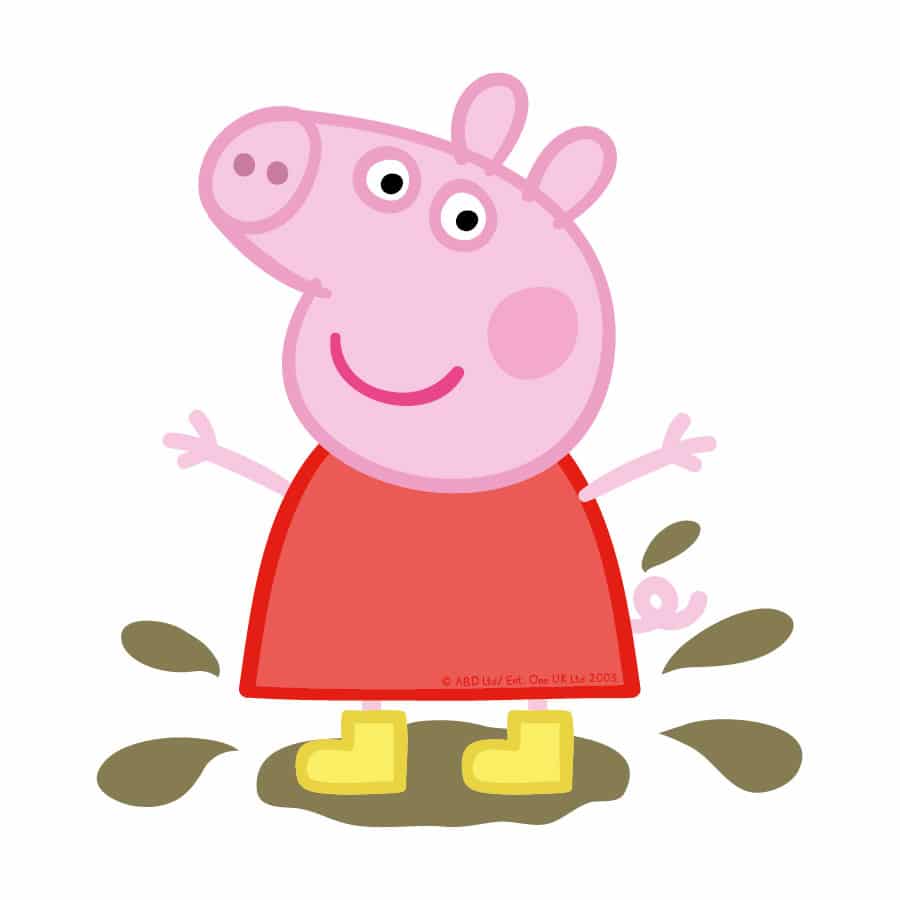
- Dance party – Put on some music and have a boogie!
- Click the picture below to hear Justin and Robert the Robots version of the Hokey Cokey. Don’t forget to join in! 😉
- Click the picture below to hear the song ‘Head, shoulders, knees and toes’. Can you complete all actions with Mr Tumble?
- Stop and go – Walk/Run around and when your grown-up says STOP you freeze and wait until your grown-up says GO,

- Kick/throw a ball,
- keep the balloon up – if you have any balloons all you need to do is blow it up and then keep it off the ground. How long can you keep it in the air for?
Fine motor
- Stick tape to the table or floor and peel it off. You could even stick some of yours toys to the table and them peel them off.
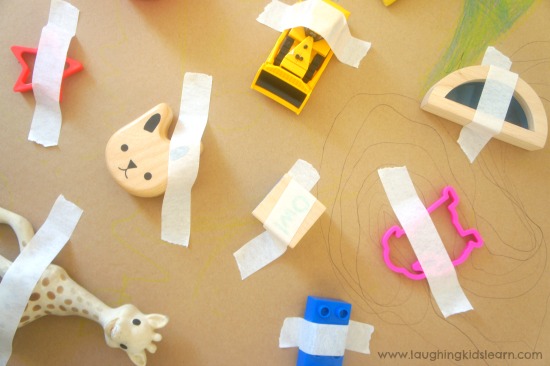
- Using just pine cones and elastic bands. Wrap the elastic bands around the pine cones,
- Spaghetti and colander – Just thread the spaghetti through the colander. If u don’t have spaghetti you could use plastic straws.


Literacy
Storytime
Read or listen to your favourite stories with the help of your grown-up or brother or sister. What’s your favourite story to read?
Below are a few stories that you might want to listen to, just click onto the picture to watch and listen.
You could even make up your own story with the help of your grow-up. What is your story about?
Activity with Dear Zoo
Storytime
Click the Dear Zoo picture below to hear the story being read.
Vocab time
Click the picture below to watch and listen to a range of basic vocabulary.
Identify animals
Can you name all the animals from the story? What sounds do the animals from the story make? Which animal is your favourite?
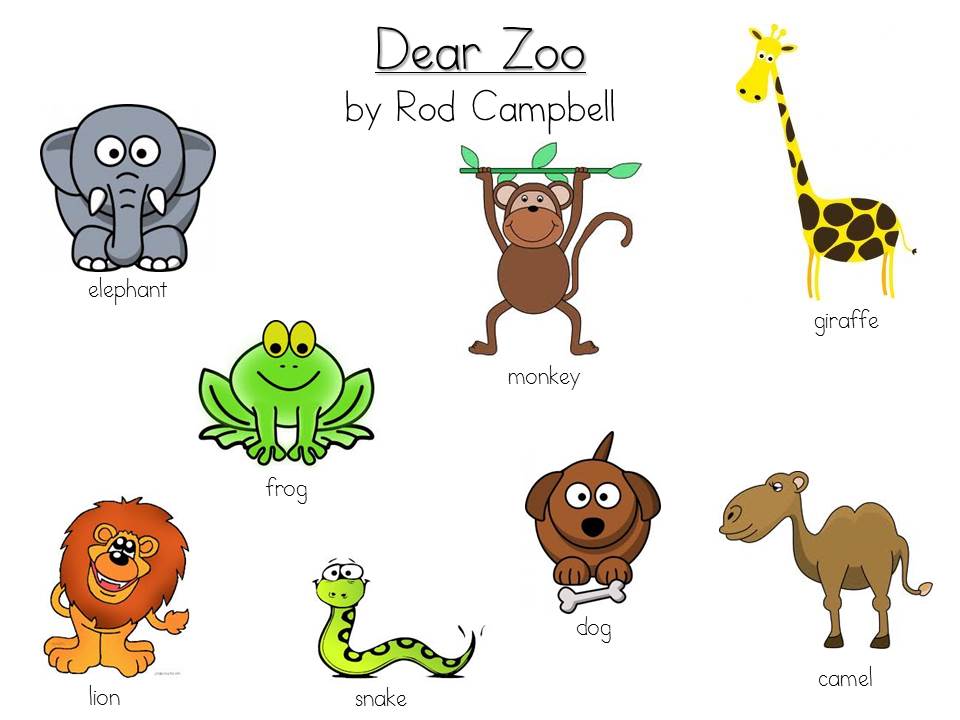
Maths
Early Maths!!
Below are a variety of activities that involve maths. Have fun having a go at them!
- Click the pictures below to hear some number songs such as: 5 little monkeys, 10 little dinosaurs and 10 little buses
- Shape song – Click the picture below to learn the different shapes through song.
- Count the cars – Either look out of your window or when out on a walk count the cars that you can see. Can you get to 10? What colours are they?
- identify numbers – Below are numbers from 1-10, have fun recognising the different numbers.
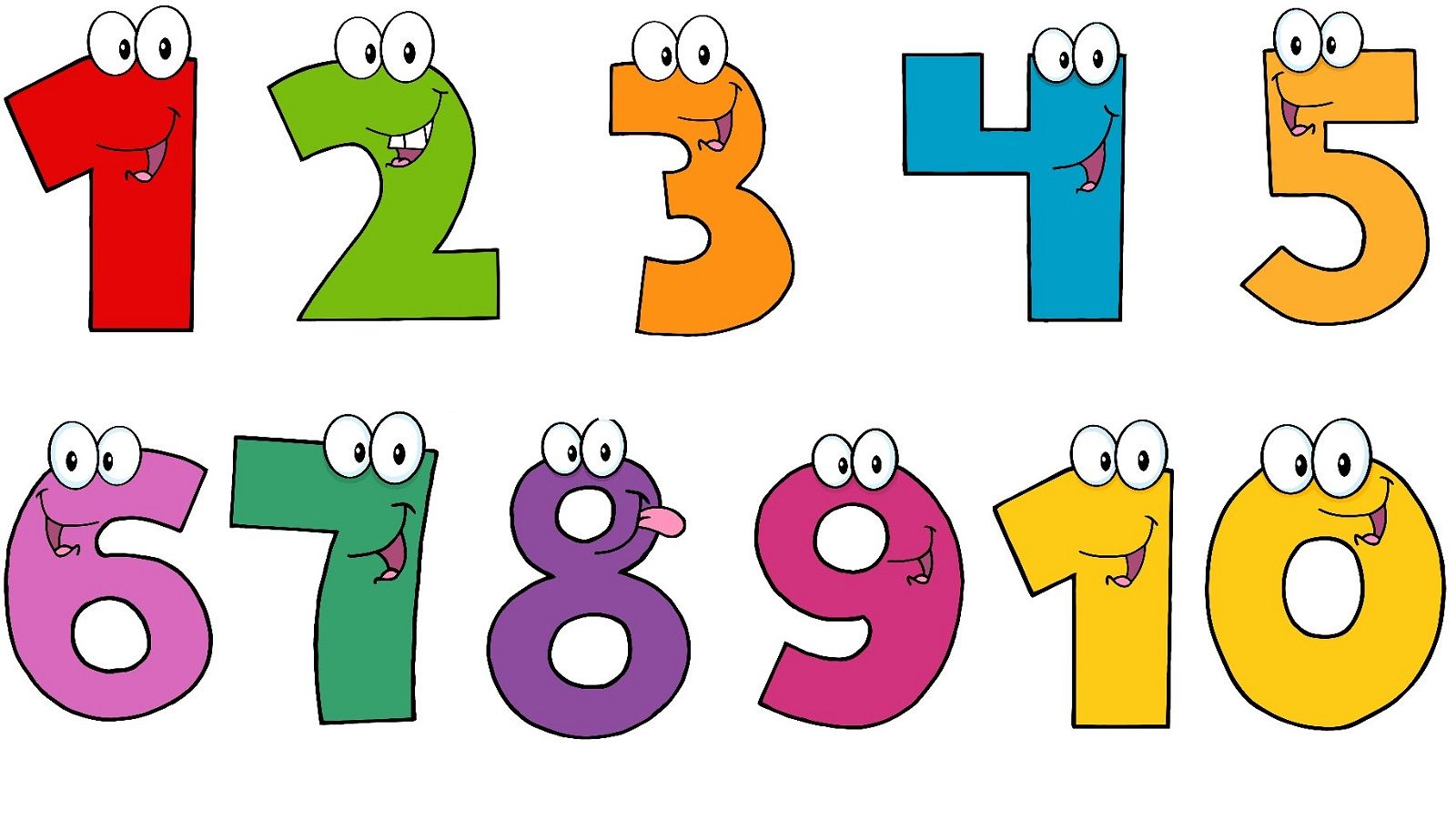
- Have a go at sorting your Lego/Duplo bricks in order of colour. How many colours do you have?,
- Build a tower- Count the bricks as you go. Make it a game, can you build a bigger tower than your grown-up?
Activity Time
Story Time
Baking
Why not try and make:
- Muffin Pizzas
- Rocky Road
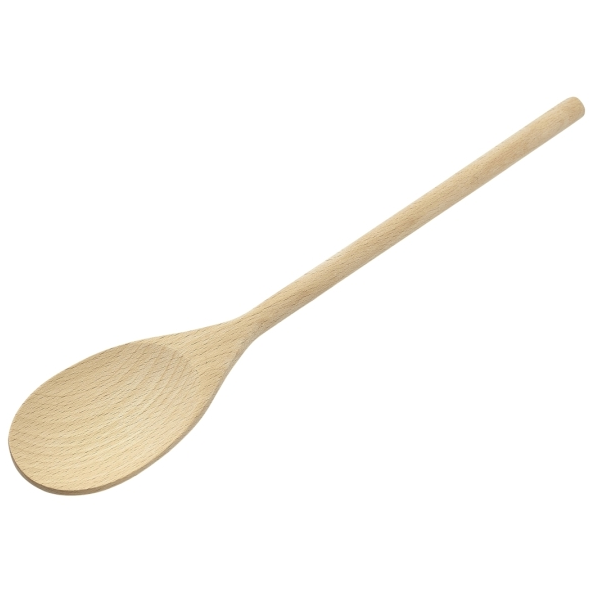
Why do we bake ?
Cooking encourages children’s thinking, problem-solving, and creativity. It also allows children the opportunity to use the knowledge they have and apply it by counting, measuring, following a sequence and following directions.

Creative
Creative time!
On this part of the webpage we will upload different creative activities that you can complete at home.
- Vegetable stamping – Simply press apples, potatoes or carrots or any other vegetables that you can think into so paint and then put on the paper.


- Woolly collage – using cotton wool you can have fun making your own woolly sheep!
- Printing with egg cartons – With the help of a grown up cut your egg boxes(look at pictures below) then just using paper and paint get printing. What colours are you going to use?



- Toy car drawing – Tape a felt-tip to the back of a toys car and then roll on paper. Have fun mark making! 🙂

- Drawing fun – All you need is: crayons, paint, paper, cardboard or anything that you have at home and just get drawing. What are you going to draw?
- Stone painting – When out on a walk find some stones and paint them. You could paint: an animal, the sun, a car. Can you think of anything else?

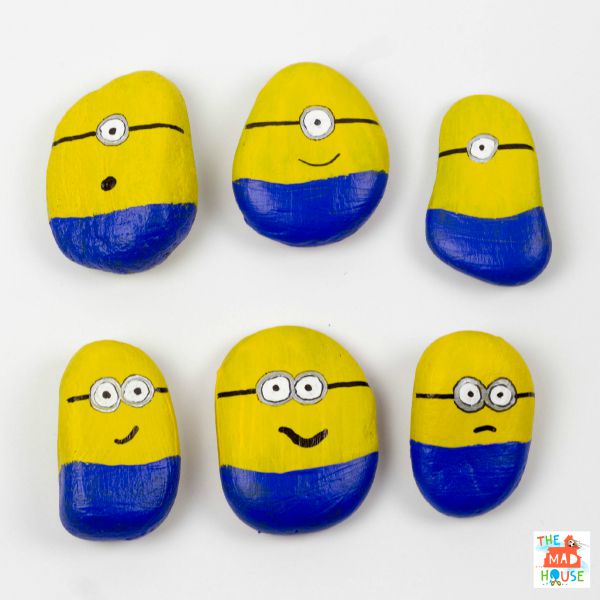
Playdough
Below is the recipe of how to make playdough.
- 2 cups of plain flour
- 2 tablespoons vegetable oil
- 1/2 cup salt
- 2 tablespoons cream of tartar
- 1 to 1.5 cups of warm water
- food colouring (optional)Mix the flour, salt, cream of tartar and oil in a large mixing bowl
Method:
- Mix the flour, salt, cream of tartar in a large mixing bowl,
- Add the warm water bit by bit until the mixture is sticky,
- Allow to cool and then mix the dough with hands until not sticky if needed add a bit more flour
Music
Music Time!!!
Click the different animal pictures below to hear some nursery rhymes!!

Click the picture of the alphabet below and listen to the ABC song.
Let’s have some fun at home. It’s fun simple activity all you need is a few pans and a spoon, or maybe something else that you have at home. What other things could you use? Click the picture below to hear a song to sing and listen to while having fun playing music.
Nursery Sunshine Room
Areas of Development
Personal, Social & Emotional Development
Personal, Social & Emotional Development
Learning how to share and take turns is important in the development of our Nursery children. Staff support children to share the toys and to learn to listen to the ideas of their friends.

The children learn to follow our class rules and to understand why they are important.
Our Golden Rules are:
Kind hands

Kind words

Kind friends

How can you help at home?
Finding time to play with your child really helps e.g. playing a game and supporting them to wait for their turn, or pretending to be a superhero and enjoying make-believe play together.
Teaching our children manners is really important and it’s great when you encourage them to say ‘please’ and ‘thank you’ at home.
Communication and Language
Communication and Language
Over the next few weeks as we introduce the new themes and stories, it will really help your child, if you encourage them to talk about the topics and re-tell the stories using their own words.
Developing children’s vocabulary and helping them have the confidence to put their thoughts into words, is so important for Nursery children.

Sharing songs together is great, because the children have fun and songs are fantastic for developing language!
The BBC have created a site which has great songs, which your children can sing along to! Click on the link below
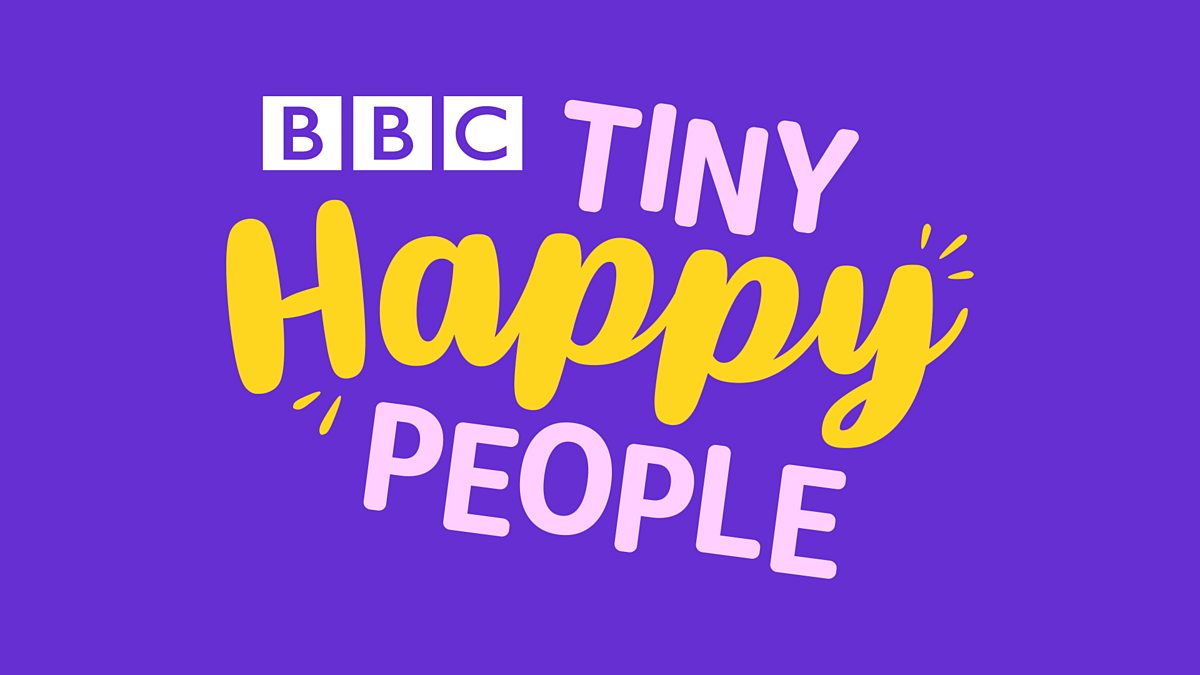
https://www.bbc.co.uk/teach/school-radio/nursery-rhymes-songs-index/zhwdgwx
Physical
Physical Development
In Nursery, we work on developing our “gross motor” and “fine motor” skills.
Gross motor skills
These relate to the larger muscles in your body, and involve large muscle movements. Using your legs to jump or your arms to throw a ball are good examples.
At school, we try to develop our gross motor skills everyday! Some examples of our activities to help with this are:
Climbing on the climbing frame and balancing equipment, riding bikes, throwing and catching a large ball, obstacle courses (running through cones, jumping in hoops, hopscotch etc.)
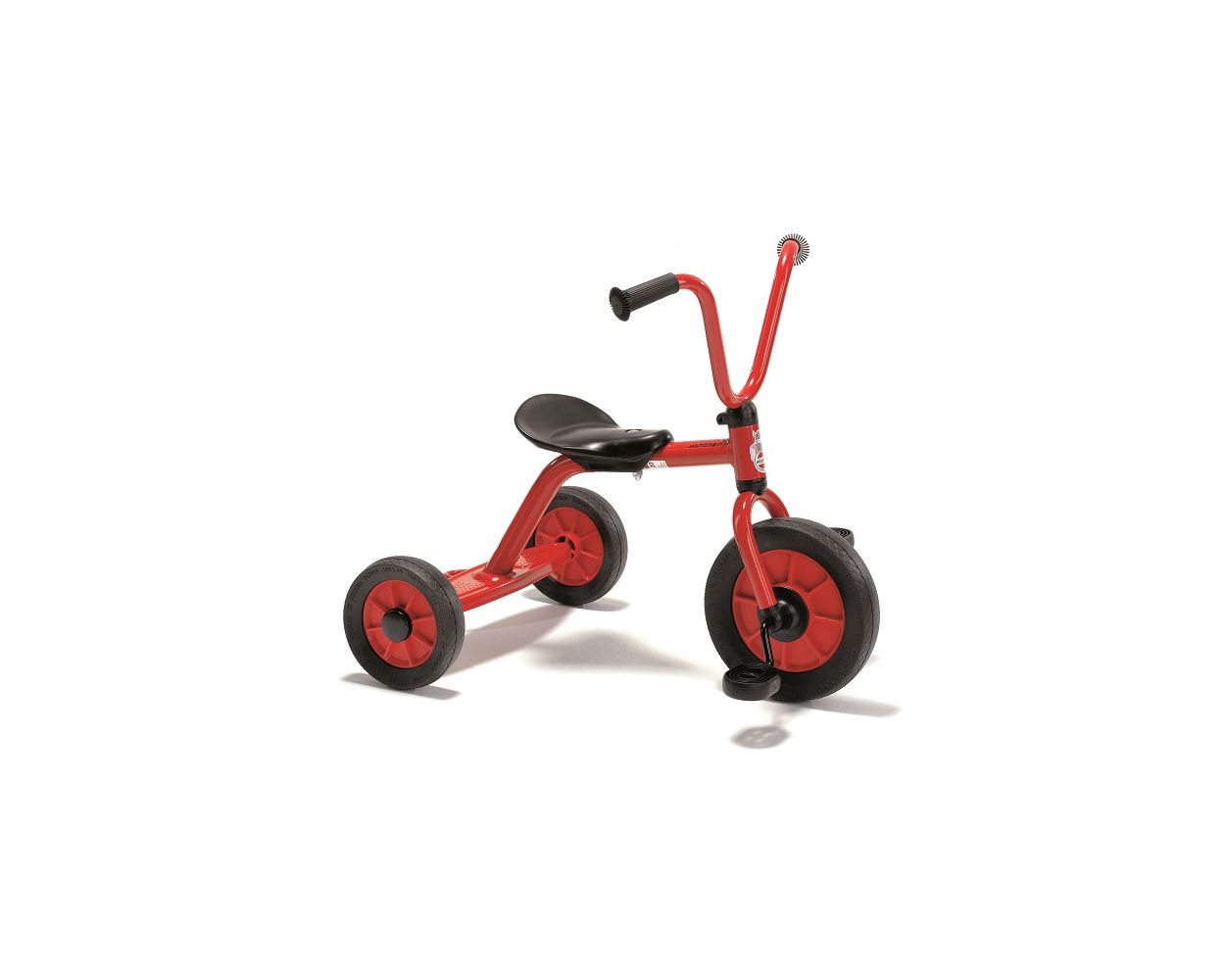
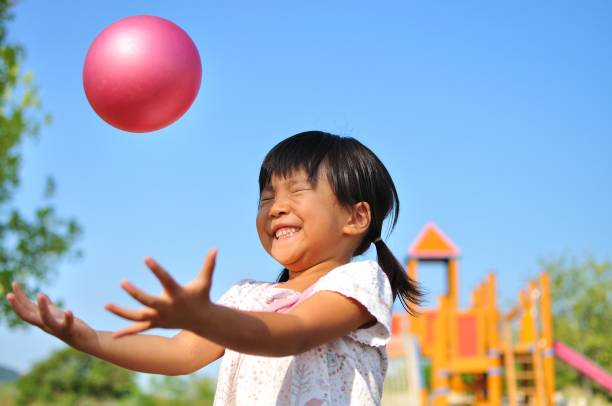
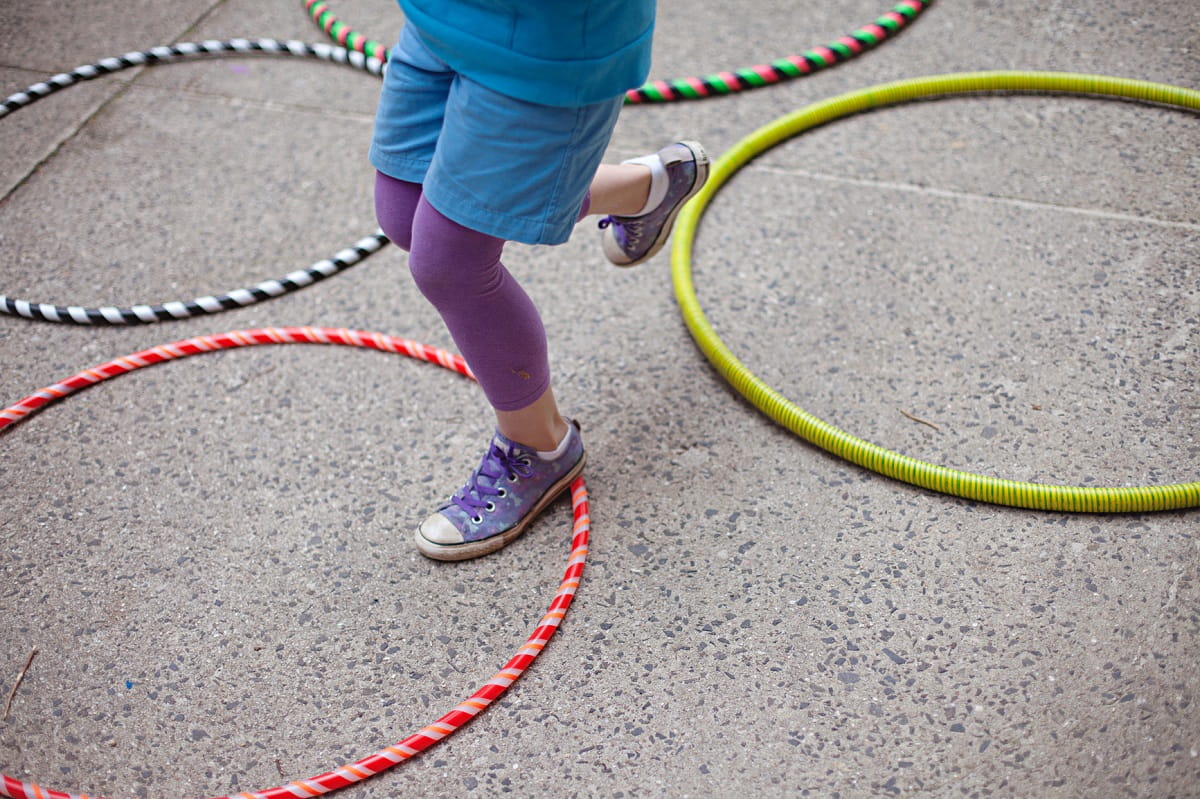
Fine Motor Skills
Fine motor skills relate to the smaller muscle groups, such as the ones in your hands and wrists. These help you to use tools and equipment like scissors and pencils and are very important in helping you to write.
At school, we try to develop our fine motor skills everyday too! Some examples of our activities to help with this are:
Using tweezers to pick up small objects, pegging socks onto a line, threading beads onto a string, doing inset jigsaw puzzles, stretching elastic bands onto boards, peeling stickers, using scissors to cut.
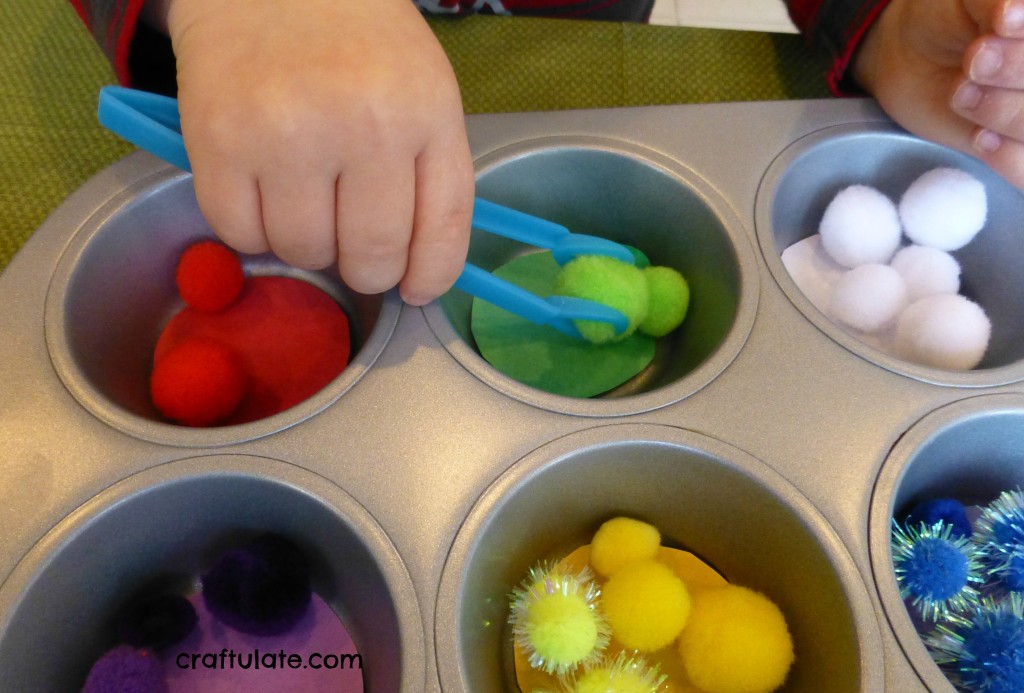
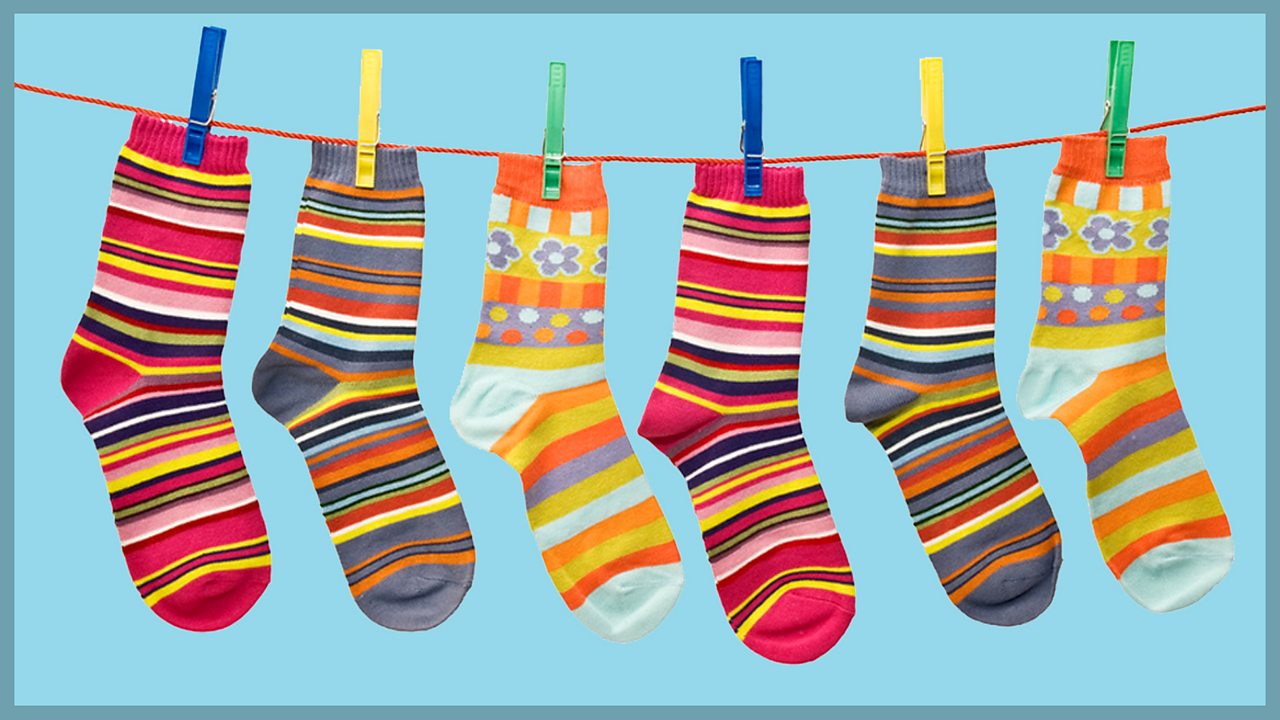

How can you help at home?
There are lots of things you can do at home to help with your child’s physical development!
You can play chasing games in the garden or park or have different types of races (running, jumping etc.) You can throw and kick a ball to each other or make your own obstacle courses.
Inside the house, you could ask your child to see how many pegs they can peg on to a clothes hanger, or they could help you prepare a fruit salad by cutting soft fruit like bananas. Perhaps they’d even like to make a ‘cereal necklace’ – threading cheerios onto string!
Keeping Healthy!
Washing our hands
For all of us, washing our hands regularly has become so important. At School we teach the children to wash their hands for 20 seconds by helping them count to 20, or by singing a favourite Nursery Rhyme e.g. ‘Twinkle. Twinkle, Little Star’.
Eating Healthily
In Nursery, we also start to talk about the different foods we have at snack time and the reasons why. They learn about eating fruit and vegetables, and that they help us to grow big and strong.
Literacy
Literacy
Reading
In Nursery, our key goal is to help children develop a love of stories. We read books which link to our topic, but we also read lots of other stories and poems.
At the beginning of the year, the focus is on listening to and enjoying the stories, and in joining in with repeated phrases or familiar parts of the story. Stories such as ‘Little Red Riding Hood’ and ‘We’re going on a bear hunt’ are great to get the children joining in!
As the year progresses, we begin to be more aware of the way stories are structured. We talk about the characters in the story and how the story might end!
How can you help at home?
The greatest way to help your child is to share a book together as often as you can! Just before bed is a lovely time! Take the time to enjoy the story together, looking at all the pictures and making the sounds and noises that appear in the book.
You could also listen to stories online. Cbeebies offer a lovely range of bedtime stories!

https://www.bbc.co.uk/iplayer/episodes/b00jdlm2/cbeebies-bedtime-stories
Writing
In Nursery, it is really important to develop our finger strength, ready for writing, as we become older. We enjoy activities such as ‘Dough disco’ and ‘Lycra time’.

We also have daily ‘busy finger’ activities such as peeling carrots and picking up objects with tweezers.
Mark Making
Our main focus in Nursery is mark making and giving meaning to the marks we make.
We do this through all sorts of different media! Pens, crayons, chalks, paints, toys, sticks, even our fingers themselves!
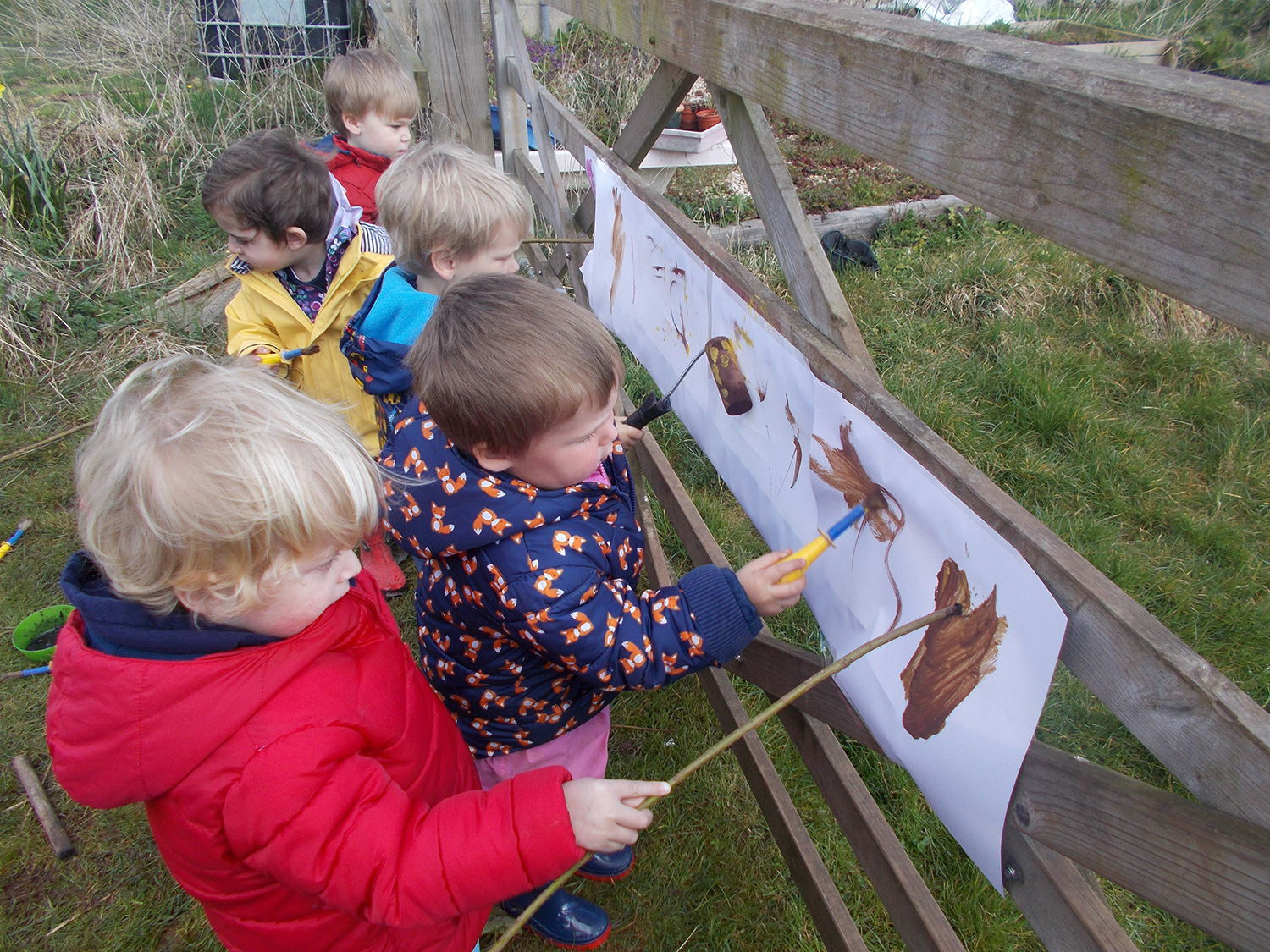


Initially, children like to explore mark marking and might not necessarily give meaning to their marks. That is absolutely fine and all part of their learning journey!
As they become increasingly confident, you may notice that their marks begin to mean something to them. They might tell you that it’s a picture of you, or perhaps your house!
Encouragement and praise goes a long way in building children’s confidence and can really help them to develop and experiment with their mark making.
It is really important that we help our children to hold their pencil correctly in the tripod grip, which we call ‘birdy fingers’ at School. Many children find it difficult to hold a pencil like this and so it is important grown-ups that we work together and help our children.
Supporting our children to write their name
We always teach the children to write a capital letter at the beginning of their name and then write small letters after:

It is also important that our children have fun with writing patterns, as this helps with their letter formation.

Maths
Mathematics
Number recognition is really important. At the end of Nursery we aim for our children to name the numbers 0-5 when the numbers are shown one at a time.
We also aim for our children to count 5 objects independently and show the correct number of fingers up to 5 when asked.
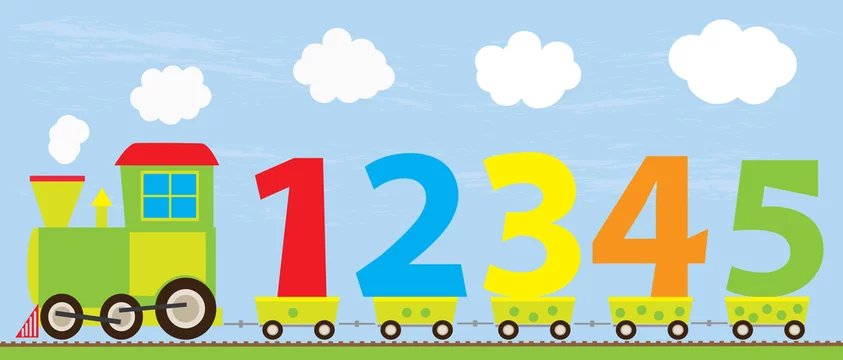
Counting objects is really important, so please, as I know you are already doing, count together in many different ways e.g. when you climb up steps and the number of plates you put out for dinner.

At School we use the Number Blocks to help the children understand about numbers to 5 and later numbers to 10.
You can find the Number Blocks on CBeebies I Player to share with your children
https://www.bbc.co.uk/iplayer/episode/b08cr24d/numberblocks-series-1-how-to-count
At School we also teach the children about 2D shapes: circle, square, rectangle and triangle

Teaching the children positional language is also very important: in, on, under, behind, next to and in front
Reception Rainbow Room
Areas of Development
Personal, Social & Emotional Development
Personal, Social & Emotional Development
Learning how to share and take turns is important in the development of our Reception children. Staff support children to share the toys and to learn to listen to the ideas of their friends.
The children learn to follow our class rules and to understand why they are important.
Our Golden Rules are:
Kind hands

Kind words

Kind friends

How can you help at home?
Finding time to play with your child really helps e.g. playing a game and supporting them to wait for their turn, or pretending to be a superhero and enjoying make-believe play together.
Teaching our children manners is really important and it’s great when you encourage them to say ‘please’ and ‘thank you’ at home.
Communication and Language
Communication and Language
Over the next few weeks as we introduce the new themes and stories, it will really help your child, if you encourage them to talk about the topics and re-tell the stories using their own words.
Developing children’s vocabulary and helping them have the confidence to put their thoughts into words, is so important for Reception children.

Sharing songs together is great, because the children have fun and songs are fantastic for developing language!
The BBC have created a site which has great songs, which your children can sing along to! Click on the link below

https://www.bbc.co.uk/teach/school-radio/nursery-rhymes-songs-index/zhwdgwx
Physical
Physical Development
Physical exercise is so important for our children. Just like you, we want our children to be fit and healthy.
Every day we plan for activities in our outdoor classroom to develop their gross and fine motor skills.
These are some activities your children can do at home for extra fun!
Paint with water. Your child will love painting a fence, using a bucket filled with water and a large painting brush.
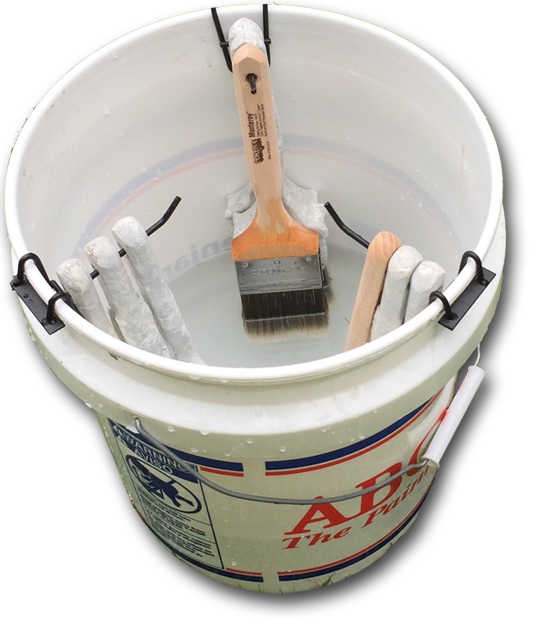
Blow some bubbles and watch them run! Children love chasing after bubbles and popping them and it also tires them out!
Make an assault course. Pretend to be a Pirate stepping over shark infested water and walking the plank. Children are so good at using their imaginations!

Washing our hands
For all of us, washing our hands regularly has become so important. At School we teach the children to wash their hands for 20 seconds by helping them count to 20, or by singing a favourite Nursery Rhyme e.g. ‘Twinkle. Twinkle, Little Star.
The song below, also teaches the children the importance of washing their hands and how to do it. Click on the link.
https://www.youtube.com/watch?v=dDHJW4r3elE
In Reception, we also start teaching our children about food. They learn about eating fruit and vegetables, which help us grow big and strong. We also learn about the food which we can eat, but should eat a smaller amount of e.g. chocolate, sweets, crisps and biscuits.
The songs below are great for sharing with the children.


Literacy
Literacy
Writing
It is really important that we help our children to hold their pencil correctly in the tripod grip, which we call ‘birdy fingers’ at School. Many children find it difficult to hold a pencil like this and so it is important grown-ups that we work together and help our children.
Supporting our children to write their name
Over the next few weeks, we are concentrating on helping our children to form the letters of their name.
We always teach the children to write a capital letter at the beginning of their name and then write small letters after:
Julie
We are also supporting the children to learn to write all the letters of the alphabet, linked to our Letters and Sounds lessons.
The children have the opportunity to write on large paper with felt tip pens, crayons and colour pencils, whiteboards with whiteboard pens and outside on the floor with chalks.
It is also important that our children have fun with writing patterns, as this helps with their letter formation.

Maths
Mathematics
Number recognition is really important. At the end of Reception we aim for our children to name the numbers 0-20, when the numbers are shown one at a time.
In the Autumn and first half of the Spring Term, we help the children to be confident naming the numbers 0-10.

Counting objects is really important, so please, as I know you are already doing, count together in many different ways e.g. when you climb up steps, the number of plates you put out for dinner and how many jumps you can do in a minute. Even better, show your child the number after, so they understand how the action and the number link together.

At School we use the Number Blocks to help the children understand about numbers to 10 and later numbers to 20.
You can find the Number Blocks on CBeebies I Player to share with your children
https://www.bbc.co.uk/iplayer/episode/b08cr24d/numberblocks-series-1-how-to-count
White Rose Maths
At School we use White Rose Maths, when we plan large and small group activities for your children.
Click on the link below to have a look at the activities 😊

Mrs Walton’s top tips
Hi, My name is Mrs Walton and I am one of the Speech and Language Teaching Assistants here at Abbey Hill. You may have seen me working throughout the Foundation Stage Unit. I specialise in supporting children with language and communication difficulties, 1-1 or in a small group.
Working closely with Speech and Language Therapists, I have been fortunate to develop my skills over the years and I am now in a position to offer training to teaching staff to further help support children’s communication and language development.
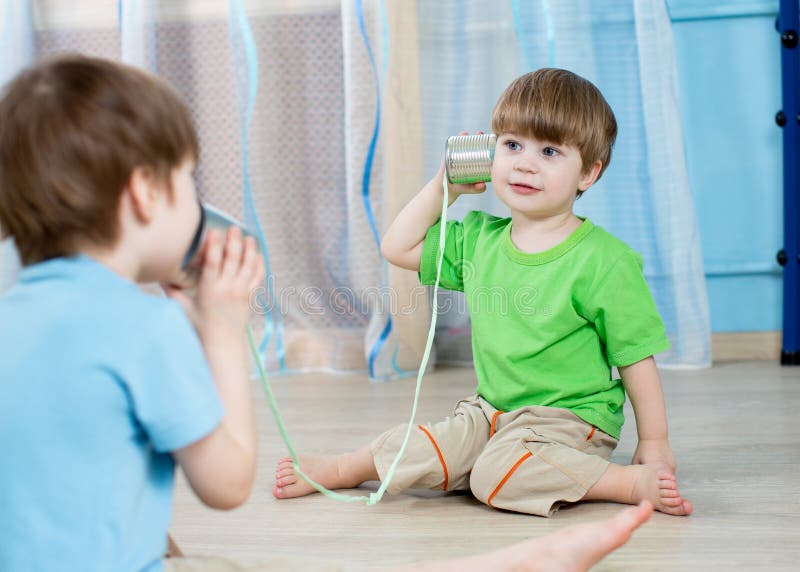
If you need any advice or just a general chat regarding your child’s language and communication development, talk to a member of the FS Staff and they will let me know 😊.
Talking together
No matter how old I am one of the best ways to help my speech and language development is to have some quiet time with me so we can talk, look at books together or sing nursery rhymes. It is always best to make sure the T.V is switched off and there is little background noise.
- I love playing make-believe games and enjoy it the most when you join in too. Make a pretend cup of tea with me or help make dolly better.
- Now my language is developing, it’s ok if I stumble or make mistakes in my talking, sometimes I’m finding the right words to say. Give me lots of time to talk and try not to draw attention to my mistakes.
- I love looking at books, please read to me and encourage me to join in and say some of the key words. It feels good to ‘read’ all by myself.
- I am learning how to say a variety of words through copying. Say the words to me how you would say them e.g. I say “I buyed the book” you say “yes you bought the book”
- I feel great when you are looking at me when I’m talking, it lets me know that what I have to say is really important. This will encourage longer sentences in my talking.
- Give me lots of opportunities for language by giving choices or asking open ended questions e.g. Would you like pizza or fish fingers for tea? My favourite part of the book was where the little girl finds her lost teddy…What was your favourite part?






